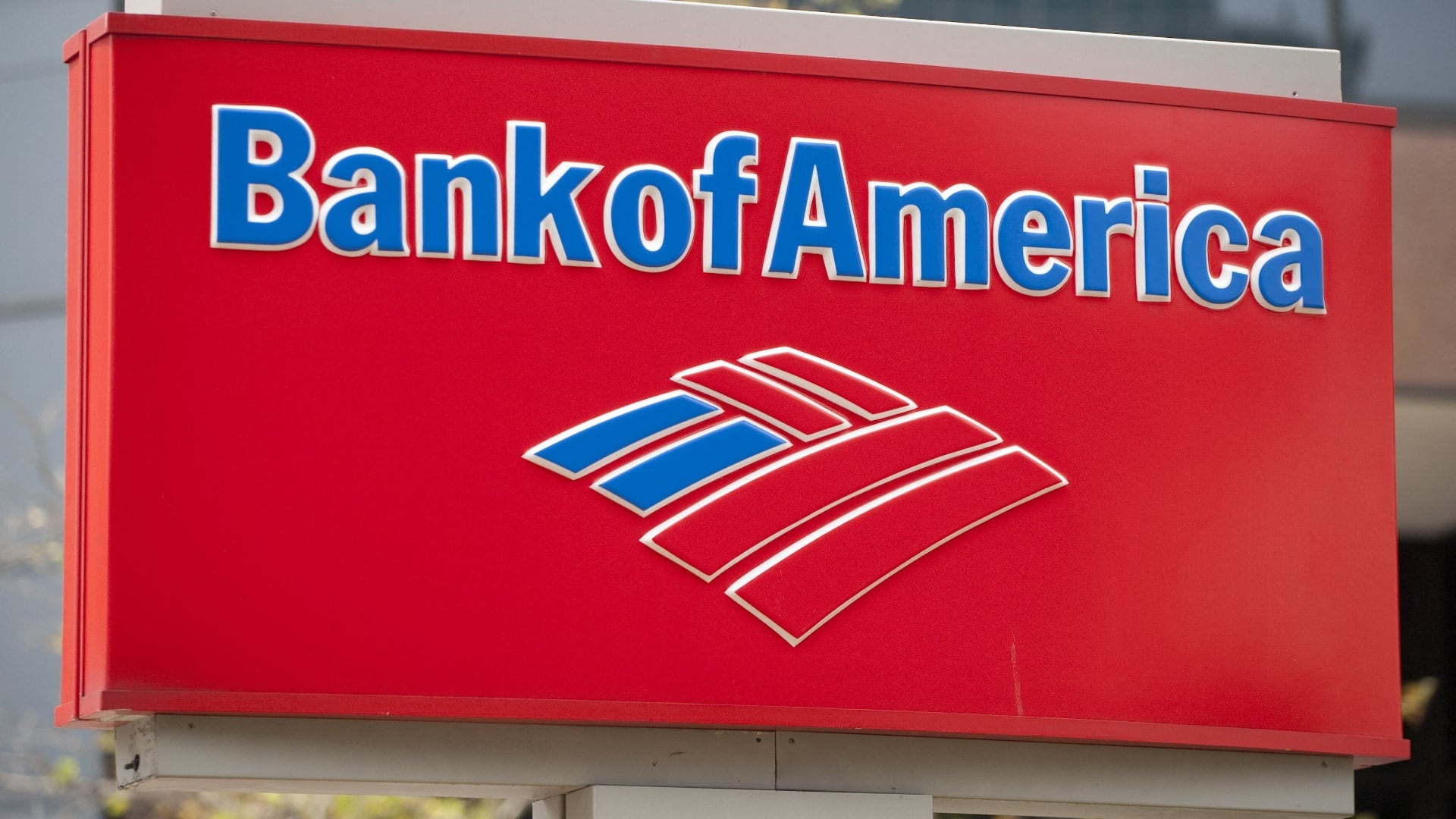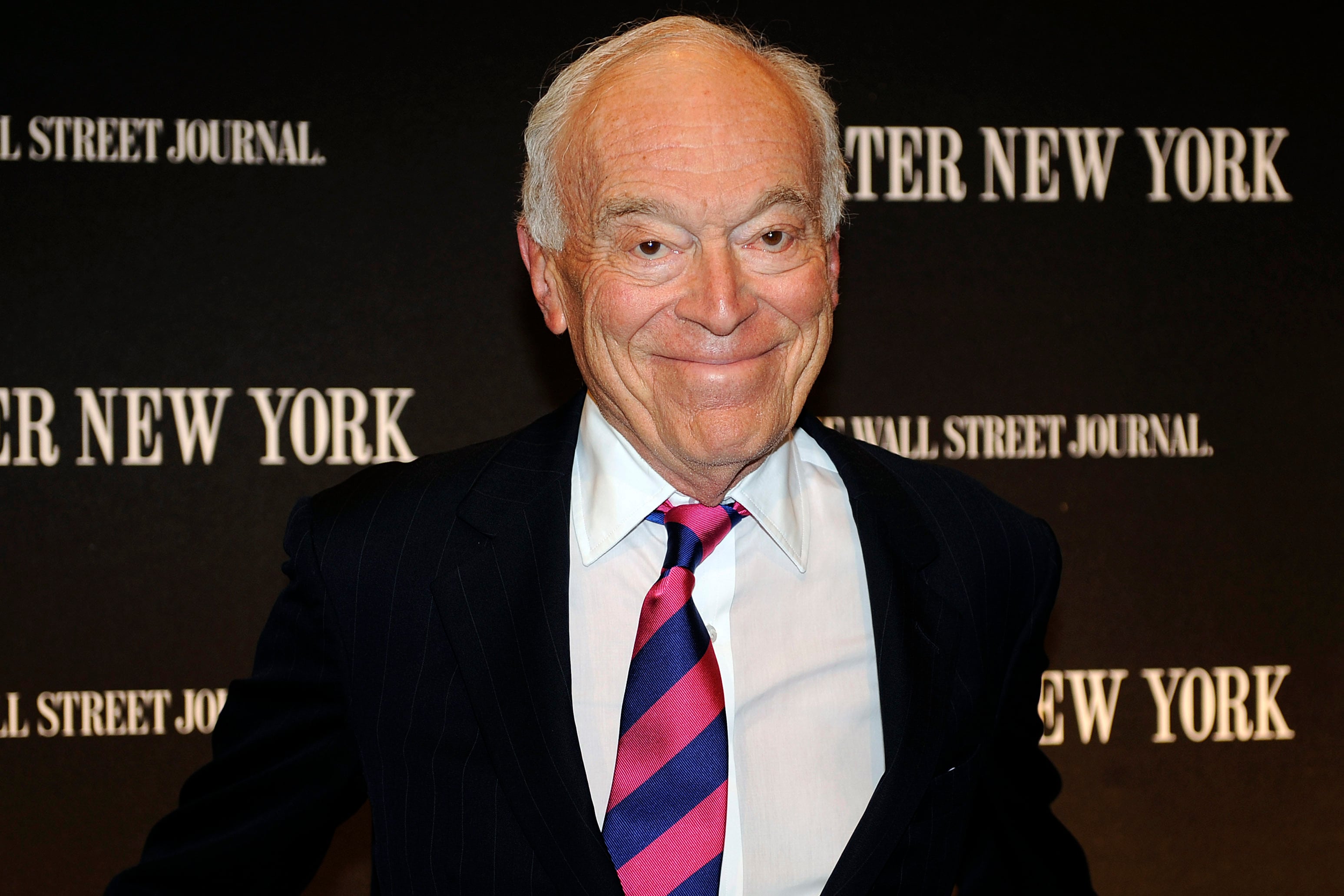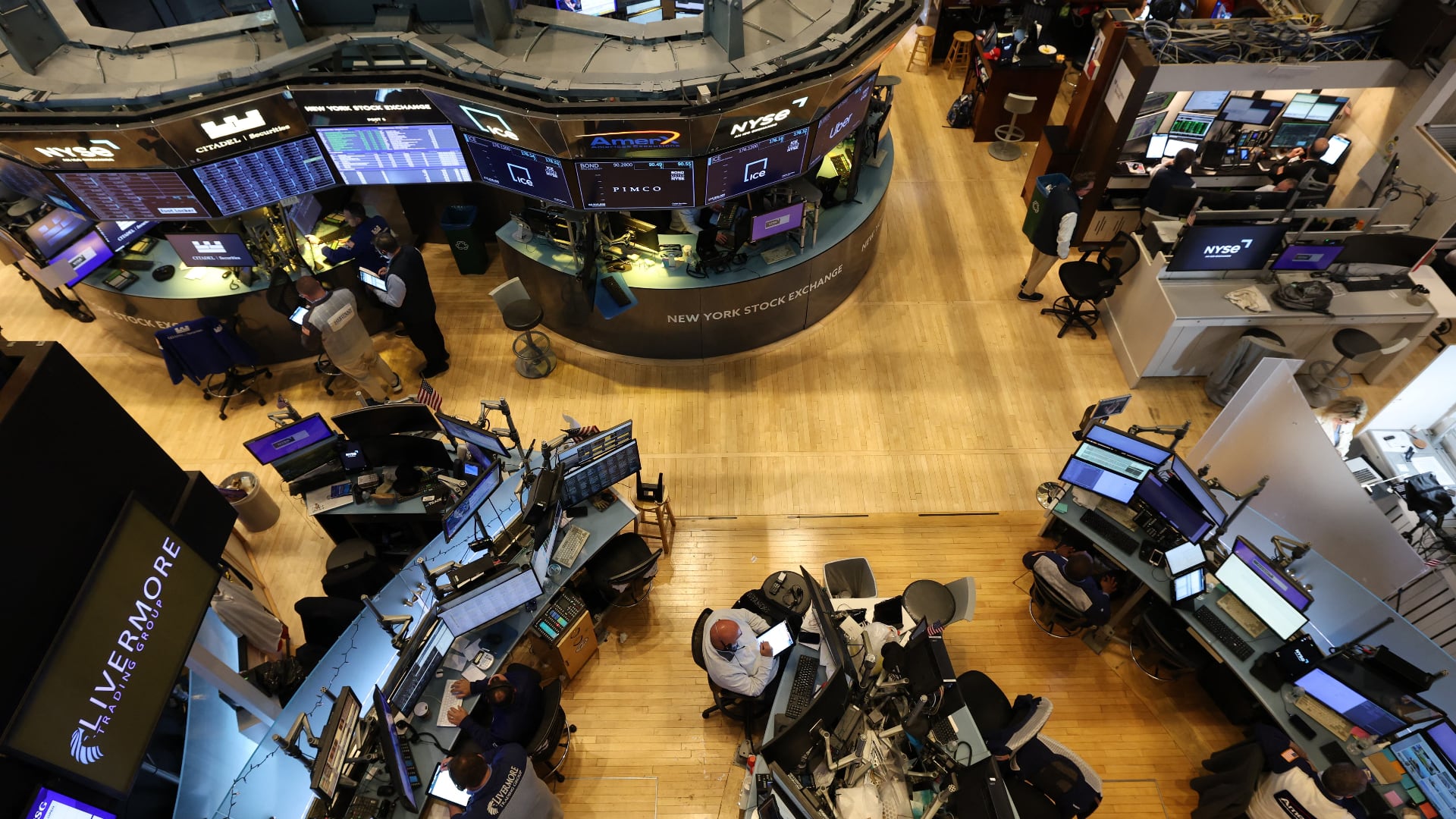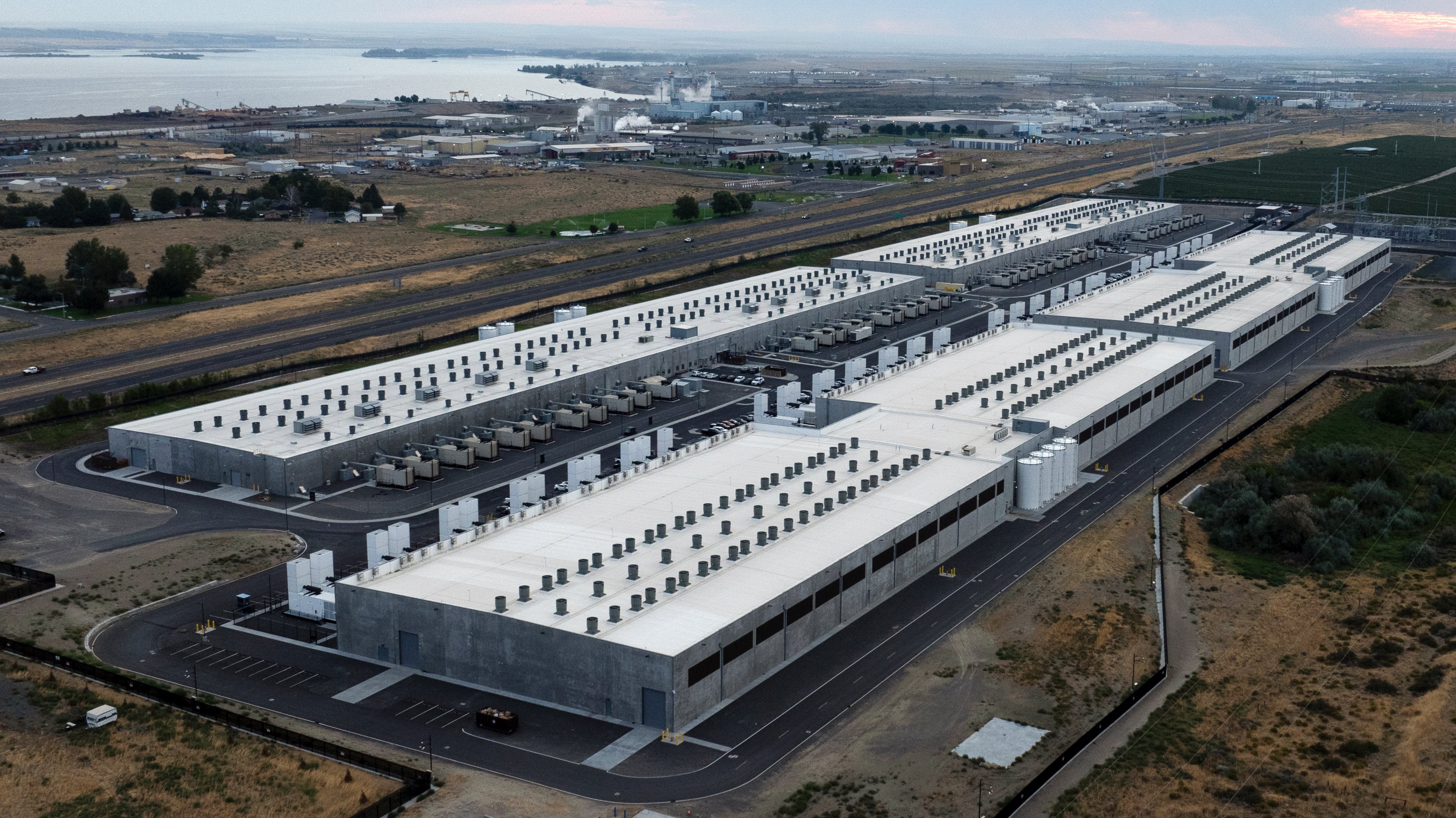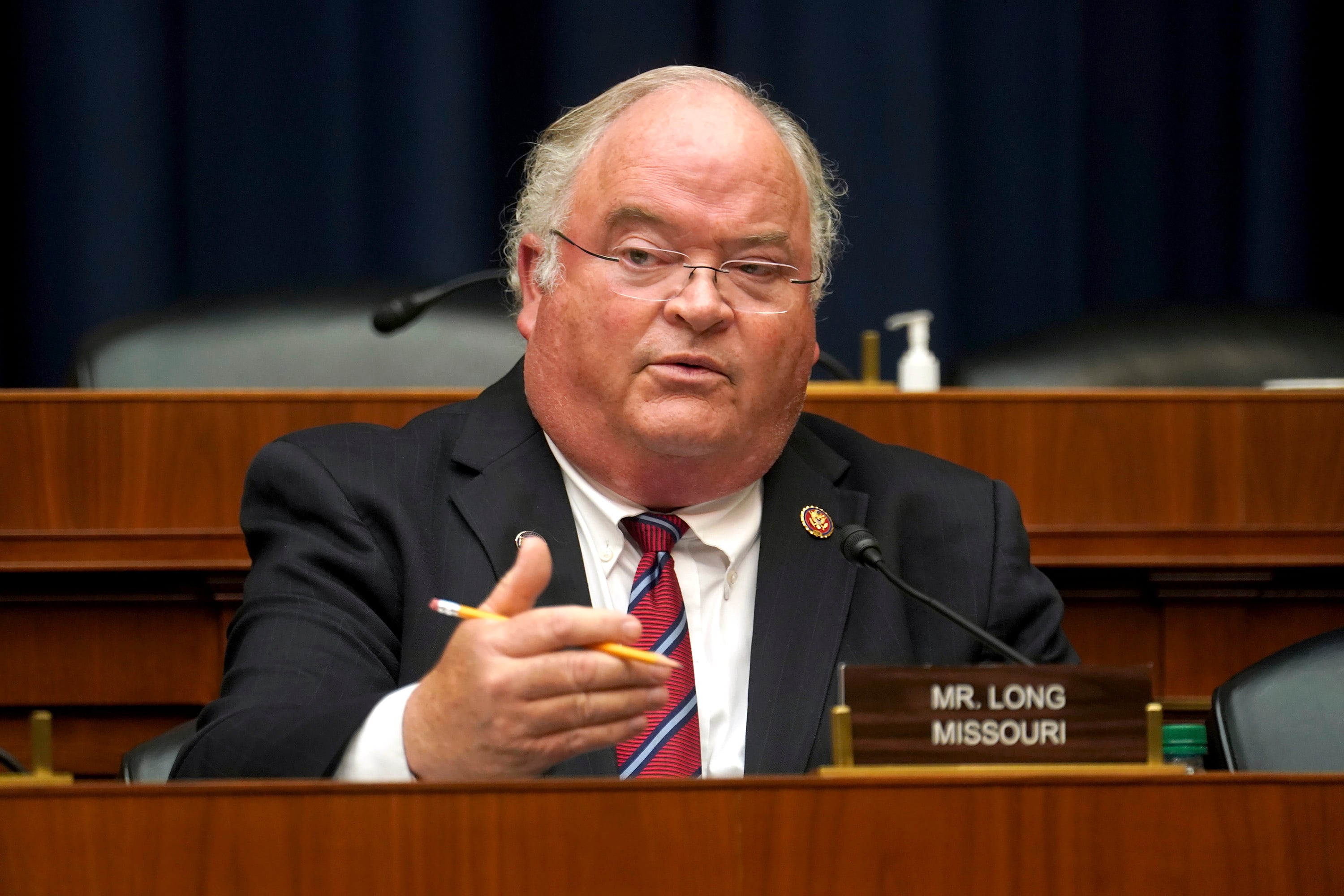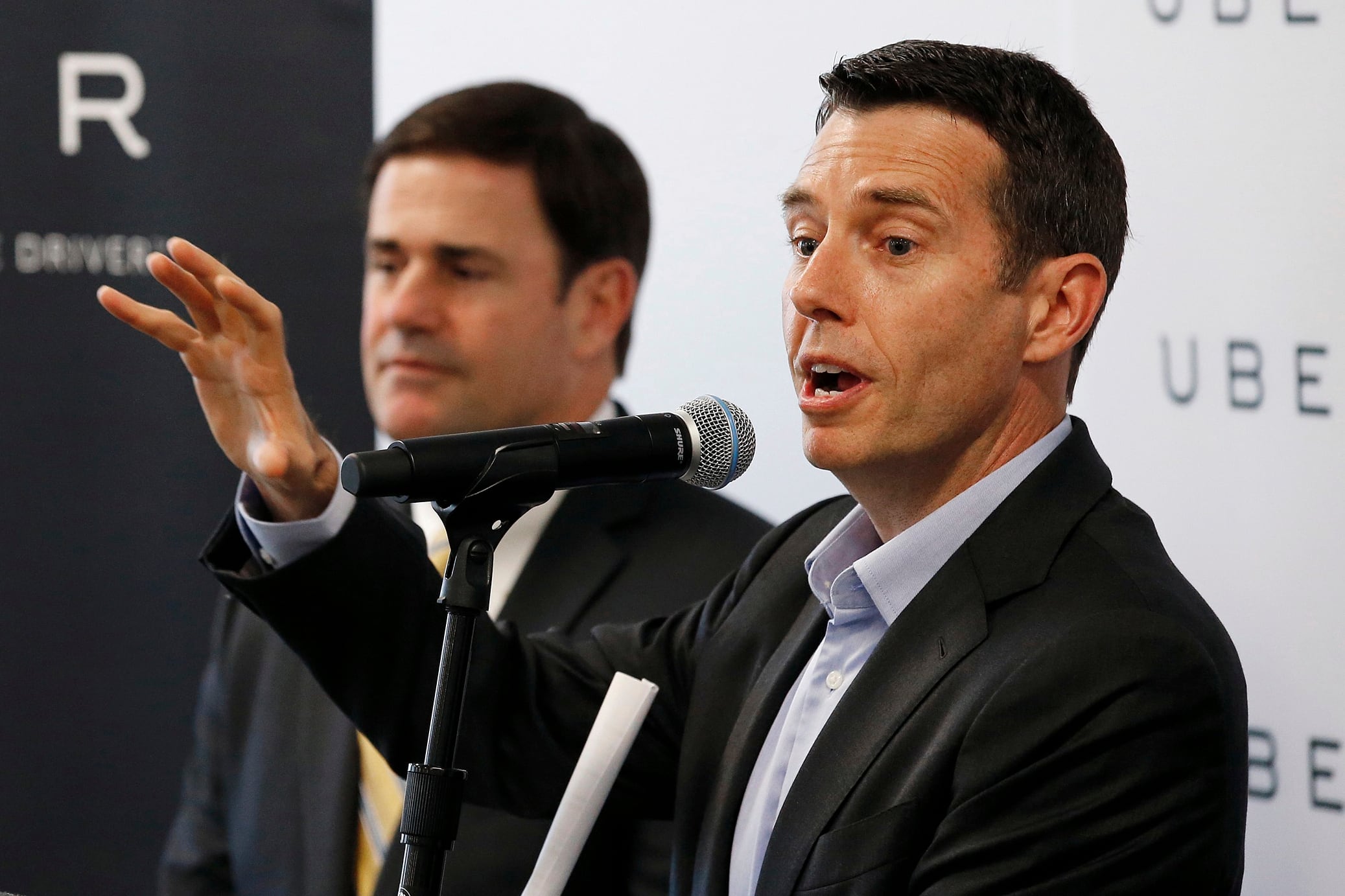The Week's Top Stories is a guided tour through the biggest market stories of the week, from winning stocks to brutal dips to the facts and forecasts generating buzz on Wall Street.
BUDGET DRAMA
House Speaker Kevin McCarthy has yet to secure the Republican votes for a bill that would raise the federal debt ceiling to avoid default until at least March 31, 2024. That means more uncertainty for the stock market next week, as the prospect of a default on the national debt hangs over the economy. The debt fight on Capitol Hill is also raising the cost of credit default swaps, which gauge the risk of a default on U.S. Treasury bills.
NETFLIX'S WILD RIDE
Shares of Netflix slipped on Tuesday after the company reported mixed earnings in the first quarter, including a lower-than-expected forecast for the coming quarter. The streaming giant also announced that it was ending its DVD mailing service. "We are growing, not as fast as we believe we can, not as fast as we would want to, but we are growing and we are profitable," co-CEO Ted Sarandos told investors during an earnings call. "We have a clear path to reaccelerate growth in both revenue and profit and we are executing on it."
AT&T DROPS
AT&T's stock saw its biggest sell-off since 2000 after reporting a miss on revenue and cash flow. The telecommunications company added 424,000 postpaid phone subscribers, but free cash flow was well below estimates. AT&T said it expects those factors to normalize next year. Rival companies Verizon and T-Mobile are set to report next week.
PROCTER & GAMBLE POPS
Finishing out the week, shares of Procter & Gamble popped nearly 4 percent after the company reported that it raised prices around 10 percent across its brands in the first quarter. P&G had raised prices roughly 10 percent the prior quarter as well, suggesting incredible pricing power, which investors rewarded
